It’s no secret—anxiety and depression are at all-time highs. From pandemic fallout and social isolation to academic and workplace burnout, more people than ever are searching for answers. Traditional therapies and medications help millions, but some people want natural, science-backed tools to support mood and mental health. Enter the world of nootropics—better known as brain supplements or smart drugs.
So, what’s the deal? Can popping a pill or sipping a nootropic smoothie really help you feel less anxious, lift your mood, or help you cope with stress? Or is it just another wellness trend with more hype than hope? Let’s dig into what the research says, which nootropics are worth a look, and how to use them safely—especially if you’re dealing with anxiety or depression.
The Rise of Anxiety and Depression
Let’s get real: life today is stressful. Surveys show rising rates of anxiety and depression, especially among teens, college students, and working adults. The pandemic, social media, and economic pressures don’t help. Many people struggle to access therapy, wait months for appointments, or feel side effects from traditional meds.
That’s why natural supplements—including nootropics—are exploding in popularity. People want to feel better, think clearer, and function at their best.

Why People Are Turning to Brain Supplements
Why do so many turn to nootropics for mental health?
-
Accessibility: You can buy them online or at the store—no prescription required.
-
Curiosity: “Biohacking” is trending, and people want to take control of their brains and moods.
-
Fewer side effects: Natural nootropics often have gentler profiles than prescription drugs.
-
A desire for more holistic health: Many want to combine nutrition, lifestyle, therapy, and smart supplements.
But are brain supplements legit for managing mood—and what are the risks? Keep reading for real answers.
What Are Nootropics and How Do They Work?
You’ve heard the term “nootropics,” but what does it actually mean—especially for mental health?
Defining Nootropics for Mental Health
Nootropics are substances (natural or synthetic) that can support cognitive functions like memory, focus, learning, and sometimes, mood. In the context of anxiety and depression, nootropics target:
-
Stress response and resilience
-
Neurotransmitter balance (like serotonin, dopamine, and GABA)
-
Inflammation and oxidative stress (which can worsen mental health symptoms)
-
Brain plasticity and growth factors (helping your brain “rewire” and adapt)
Natural vs. Synthetic Brain Supplements
-
Natural nootropics: Herbs, mushrooms, amino acids, and nutrients found in nature—often with centuries of traditional use. Examples: L-theanine, bacopa monnieri, lion’s mane mushroom, ashwagandha, rhodiola, GABA.
-
Synthetic nootropics: Lab-designed compounds, like racetams or noopept. While some may influence mood, most research (and safest choices) for anxiety and depression focus on the natural options.
Natural nootropics are where most people start, especially for mood support, since they’re generally safer and have fewer unknowns.
The Science: Can Nootropics Really Help Anxiety and Depression?
Let’s get to the heart of it—what does research actually say about nootropics and mental health?
Research on Nootropics for Anxiety Relief
-
L-theanine: Found in green tea, L-theanine promotes relaxation without sedation. Multiple studies show it can reduce anxiety, lower stress, and support focused calm—especially when paired with caffeine.
-
Ashwagandha: This adaptogenic herb has strong evidence for reducing anxiety, improving stress resilience, and balancing cortisol.
-
Bacopa monnieri: Traditionally used for brain health and stress adaptation, bacopa has shown mild anti-anxiety effects in several trials.
-
Rhodiola rosea: Known for improving mood and reducing fatigue, rhodiola helps the body cope with both physical and emotional stress.
-
GABA: As a calming neurotransmitter, supplementing GABA may help with relaxation, though evidence on its ability to cross the blood-brain barrier is mixed.
What Studies Say About Nootropics and Depression
-
Lion’s mane mushroom: Early studies suggest it may help with mild symptoms of depression and support nerve growth—though more research is needed.
-
SAMe (S-adenosylmethionine): A natural compound involved in neurotransmitter production, shown in multiple studies to support mood and, in some cases, help with depression.
-
Omega-3 fatty acids: Especially EPA, these are linked to lower rates of depression and improved mood, especially when combined with other therapies.
-
N-acetyl cysteine (NAC): An antioxidant that can boost brain glutathione, NAC is being studied for mood and even some severe forms of depression.
Note: While promising, these supplements are not a replacement for professional mental health treatment for moderate or severe symptoms.
Popular Nootropics for Mood, Stress, and Mental Health
Looking for supplements to support your mood? Here’s what you need to know.
L-Theanine and Relaxed Focus
L-theanine is a favorite for anyone with anxiety, test nerves, or the classic “can’t shut off my brain” feeling. It works quickly—often within an hour—to smooth out stress, boost alpha brain waves, and help you stay calm and focused, not sleepy.
-
Best for: Everyday stress, study nerves, social anxiety
-
How to use: On its own or with caffeine (as in green tea) for relaxed but alert focus
Bacopa Monnieri and Stress Adaptation
Bacopa is a traditional Ayurvedic herb used for memory and learning, but it also shines as a stress-buster. Research suggests regular use can ease anxiety and help you handle daily pressure with more resilience.
-
Best for: Chronic stress, brain fog, and “wired but tired” feelings
-
How to use: Daily for at least 4–6 weeks for best results
Lion’s Mane, Rhodiola, and Other Adaptogens
-
Lion’s mane mushroom: Early evidence for mood support, especially in people with mild depression or cognitive decline.
-
Rhodiola rosea: Great for burnout, low energy, and emotional stress.
-
Ashwagandha: A go-to adaptogen for balancing cortisol, calming the mind, and improving mood over time.
Adaptogens help your body find balance under pressure, supporting both physical and mental health.
Safety, Side Effects, and What to Watch Out For
It’s easy to think “natural means safe,” but nootropics are still active compounds. Here’s what to know before you start.
Who Should Be Careful With Nootropics?
-
People with diagnosed mood disorders (bipolar, severe depression, schizophrenia, etc.)—some supplements can interact with meds or worsen symptoms.
-
Pregnant or breastfeeding women—most nootropics haven’t been well-studied for safety.
-
Teens and kids—unless under medical guidance.
-
Anyone taking psychiatric meds—always check with your doctor before adding new supplements.
Nootropic-Drug Interactions and Risks
-
St. John’s wort, SAMe, and others can interact with antidepressants or anxiety meds.
-
High doses of adaptogens can cause stomach upset, headaches, or sleep issues.
-
Some supplements may trigger allergic reactions or interact with blood thinners.
Start low, go slow, and pay attention to how your body and mood respond. And always choose reputable brands for quality and safety.

When Nootropics Aren’t Enough: The Importance of Professional Support
Let’s be super clear—no supplement, nootropic, or brain hack is a substitute for therapy, professional support, or medication when you really need it. Nootropics can be a helpful piece of the puzzle for mild symptoms, but serious anxiety and depression need expert care.
Combining Supplements With Therapy and Lifestyle
The best approach to mental health is holistic. That means combining smart supplementation with therapy (CBT, talk therapy, or even support groups), regular exercise, a balanced diet, good sleep, and meaningful social connection. Nootropics can add a boost, but they work best when you build a foundation of healthy habits.
-
Therapy: Helps you understand root causes and develop long-term coping skills.
-
Exercise: Releases endorphins and helps regulate stress hormones.
-
Nutrition: Fuels your brain with the vitamins, minerals, and fats it needs for mood balance.
Red Flags That Need Medical Help
If you notice any of the following, it’s time to reach out to a professional:
-
Persistent sadness, hopelessness, or irritability
-
Losing interest in things you used to love
-
Changes in appetite or sleep patterns that won’t go away
-
Thoughts of self-harm or suicide
No supplement should ever replace professional care when symptoms are severe or life-disrupting. Asking for help is strong, smart, and sometimes lifesaving.
Building a Safe Brain Supplement Routine for Mental Wellness
If you want to try nootropics for mood support, here’s how to start in a safe, responsible way.
How to Choose and Start Nootropics
-
Start with one supplement: Don’t stack a bunch of new things at once. Begin with a well-studied, gentle nootropic like L-theanine or ashwagandha.
-
Check the quality: Only buy from brands that do third-party testing and list ingredient dosages clearly.
-
Research interactions: Make sure the supplement won’t interact with your current meds or conditions.
-
Use recommended doses: More isn’t always better. Stick to the label or your doctor’s advice.
Tracking Your Mood and Adjusting Safely
-
Keep a journal: Write down your mood, energy, anxiety, and sleep every day for a few weeks. Note any changes when you start (or stop) a new supplement.
-
Listen to your body: If you get side effects—headache, upset stomach, trouble sleeping, or feeling “off”—stop and reassess.
-
Take breaks: Cycle off nootropics every few weeks or months to see if you still need them and to prevent tolerance.
Remember: Supplements work best as part of a bigger mental wellness plan, not as a quick fix.
Conclusion: The Real Role of Nootropics in Mental Health
Nootropics aren’t magic, but they’re not a myth either. For many, gentle brain supplements like L-theanine, bacopa, or ashwagandha offer real support for mild anxiety, chronic stress, or mood dips—especially when combined with healthy habits and good self-care. Still, no pill replaces the value of therapy, community, and medical support for true mental wellness.
If you’re curious about nootropics for anxiety or depression, start small, track your results, and always ask for help when you need it. Your mental health matters, and there are more tools (and hope) than ever before.
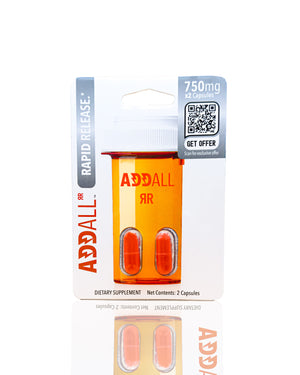
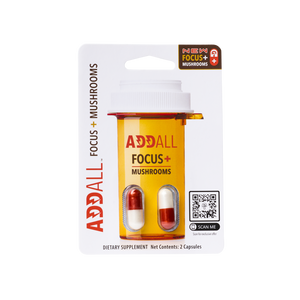

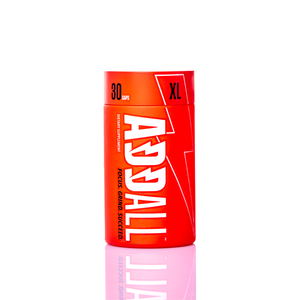
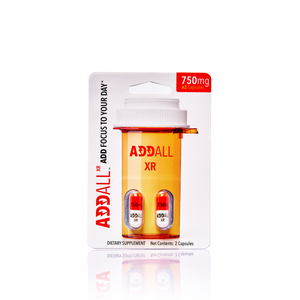
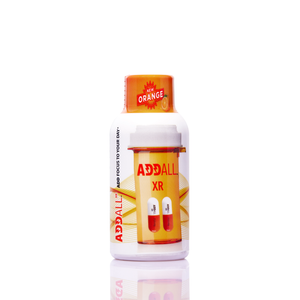
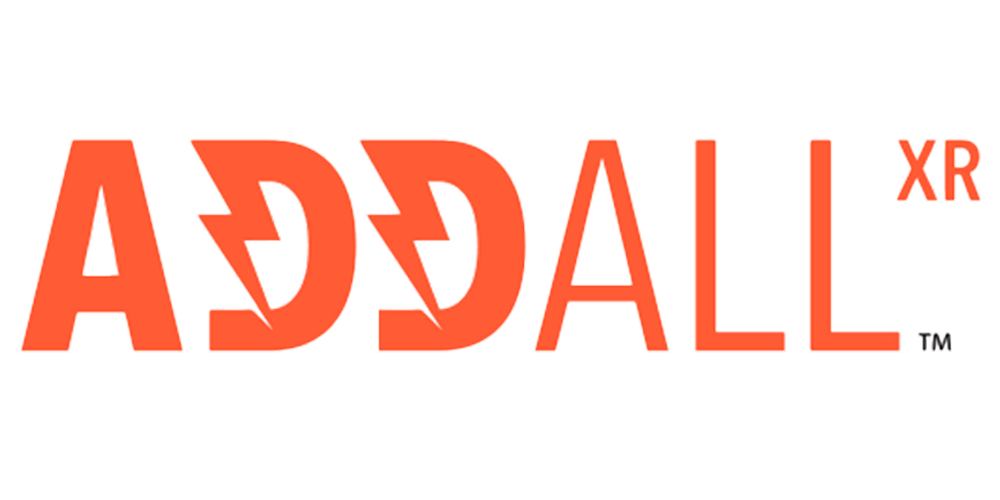
 Addall XR
Addall XR
 Addall XL
Addall XL
 Addall
Addall Addall
Addall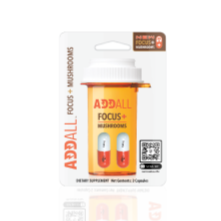 Addall
Addall Addall
Addall
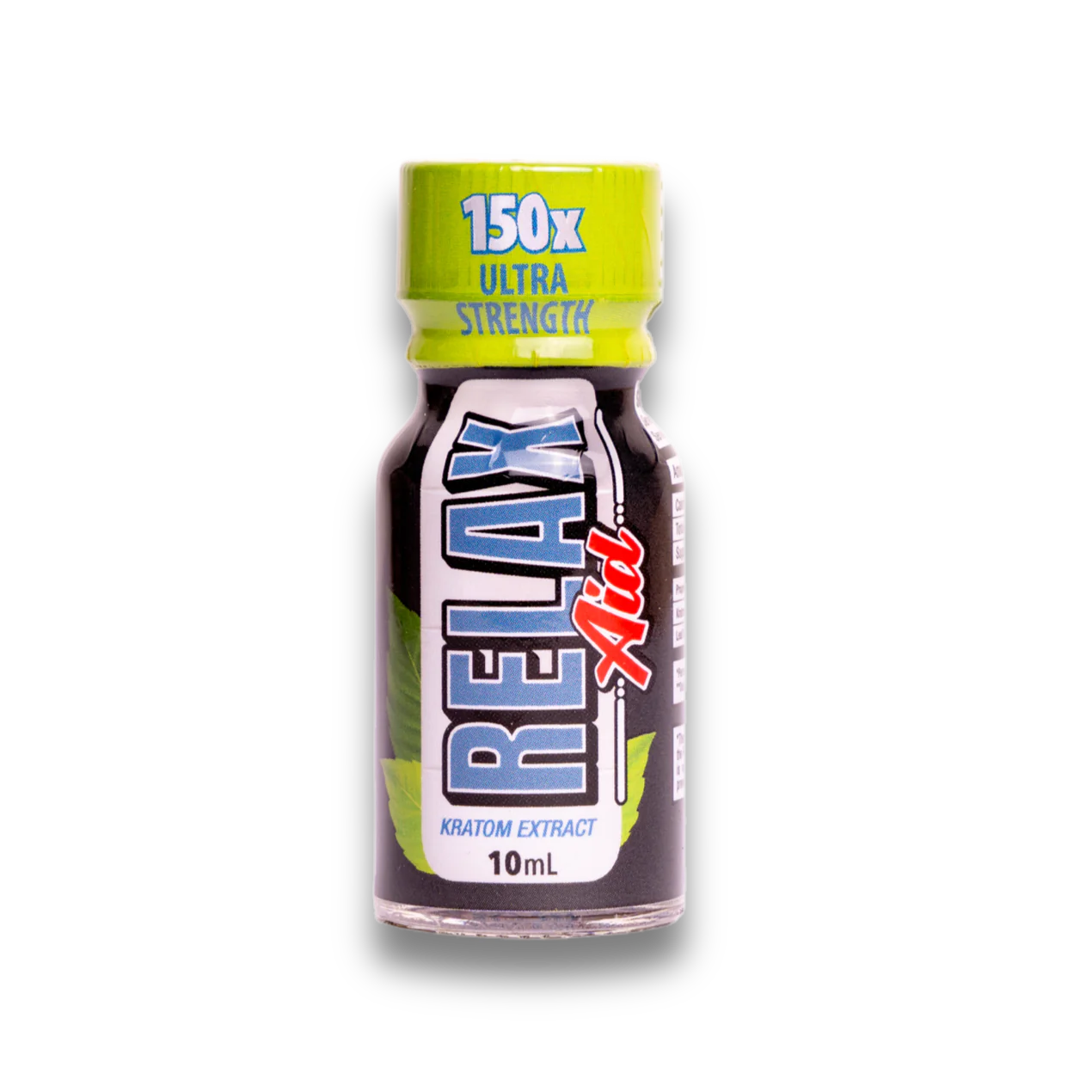 RelaxAid
RelaxAid
 Compare
Compare




















































